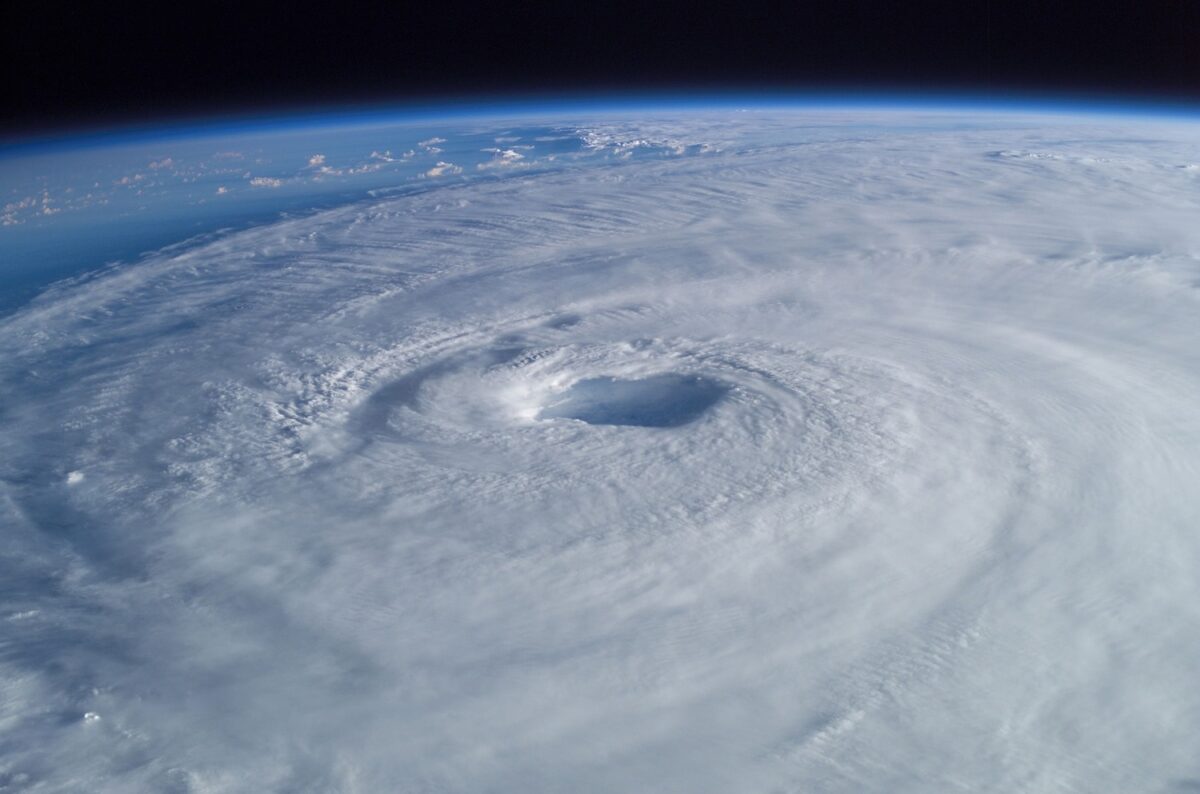Anguilla has launched a new five-year strategic plan to strengthen how the island prepares for, responds to and recovers from disasters.
The Country Work Programme 2026-2030 outlines steps to make communities safer, infrastructure more resilient and government systems better equipped.
The full document has not yet been made available to the public, but will be published early next year on the Department of Disaster Management website.
Get up to 20% off accommodation, travel and activities in Anguilla! Click here to become a member of Anguilla Focus from just $3/month.
A ceremony to mark the formal handover of the Country Work Programme to the Department of Disaster Management, which will lead its implementation, was held on 30 October.
Governor Julia Crouch and Premier Cora Richardson Hodge gave their official approval for the department to carry out the objectives outlined in the plan.
Those include, to strengthen disaster management capacity, enhance emergency readiness, integrate risk reduction across sectors and build community resilience.
Deputy director Trevor Queeley told Anguilla Focus the document “reflects a deepened commitment to fostering multi-sectoral cooperation”.
He added that it links “disaster risk reduction with climate action and sustainable development, human mobility and enhancing risk reduction financing”.
Alongside the 2009 National Comprehensive Disaster Management Strategy, it promotes a systematic, climate-smart approach to Anguilla’s disaster risk challenges, Queeley said.
He stressed that achieving both targets depends on regional partners working with Anguilla’s national stakeholders to keep the process robust and aligned with local and international standards.
The process to create the plan began when a disaster management audit of Anguilla was conducted by the University of the West Indies’ Disaster Risk Reduction Centre in 2024 and 2025.
This was used by the National Disaster Management Committee to put together the Country Work Programme in collaboration with private sector partners.
The audit and subsequent document drafting was funded by the Caribbean Disaster Emergency Management Agency through a grant programme from Caribbean Development Bank.
Anguilla last faced a major disaster in 2017, when Hurricane Irma caused widespread devastation across the island.





